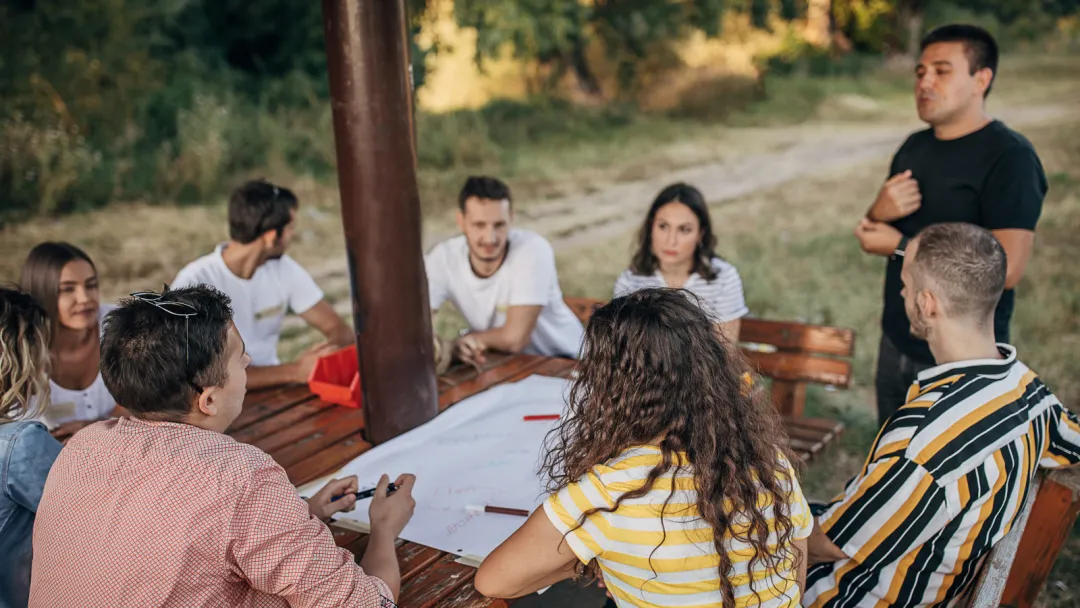Rural youth call for choice and opportunity: new EURYO policy brief highlights ‘im/mobility’ as a right
A new policy brief by the European Rural Youth Observatory (EURYO) calls for a transformative shift: from viewing youth mobility as a symptom of rural decline to seeing it as a vital expression of choice and renewal.

Image by South_agency on Canva
The publication reveals that young people view rural areas as dynamic places where leaving, staying, or returning are all valid choices linked to dignity, equality, and participation. However, gender and family ties – especially in southern regions – underline the need for more equitable policies supporting both the right to move and the right to stay.
The brief sets out five policy recommendations:
- Reframe ‘im/mobility’ as a right: recognise leaving, staying, and returning as equally valid options and embed youth rights in rural policy frameworks.
- Address structural barriers: invest in transport, broadband, affordable housing, local education and employment opportunities.
- Promote return and circular mobility: support programmes that help young people leave temporarily and reintegrate with new skills and experiences.
- Foster meaningful youth participation: disseminate youth councils and co-decision structures at local and regional levels, which can also operate on ‘im/mobility’ issues.
- Empower underrepresented groups: develop intersectional policies for young women, migrants, and disadvantaged youth.
The study highlights that for rural youth, mobility and immobility (‘im/mobility’) form a continuum of choice and agency rather than opposites. Young people seek the freedom to decide where to live, study, and work, free from barriers such as poor infrastructure, limited job prospects, or restrictive social expectations. Their message is clear: rural life should be a genuine and fulfilling option, not a last resort.
Investigating the perspectives of 64 youths from Italy, Portugal, Sweden, and Turkey on the right to stay in, leave, or return to rural areas, the study was conducted under the EU-funded COST Innovators Grant project ‘Future Youth Information for Rural Areas’.
Starting in 2025, EURYO will publish a bi-annual policy-brief series that spotlights youth perspectives and rural challenges, with this study marking the first brief in the series offering actionable policy recommendations.
Author: Francisco Simões, EURYO Chair